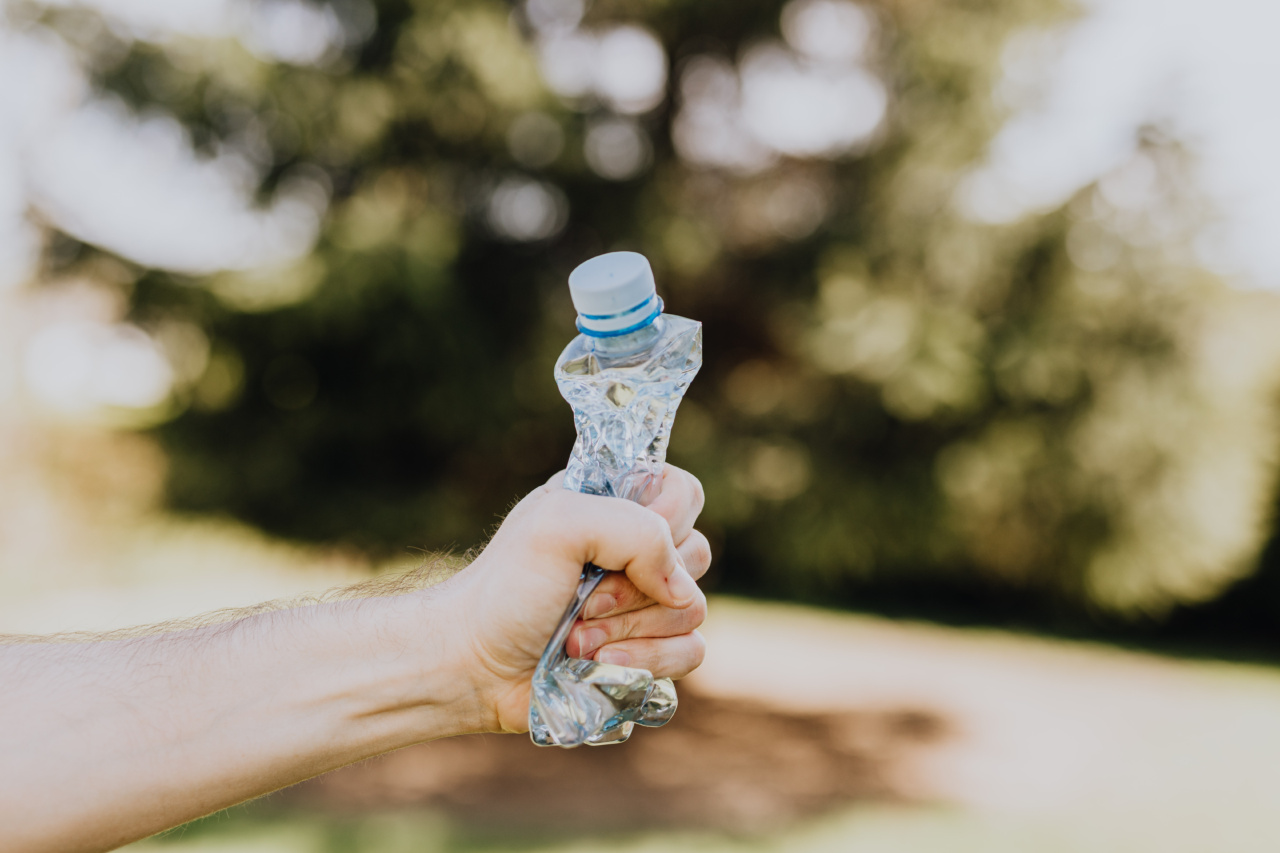Vitamin D is an essential nutrient that plays a crucial role in maintaining bone health, supporting immune function, regulating cell growth, and reducing inflammation in the body.
It is primarily obtained through exposure to sunlight and can also be obtained through certain foods and supplements. While vitamin D is important for overall health, it is possible to consume too much of it, leading to vitamin D toxicity.
In this article, we will explore the causes, symptoms, and prevention of vitamin D toxicity, highlighting why it is important to maintain optimal vitamin D levels.
What causes vitamin D toxicity?
Vitamin D toxicity, also known as hypervitaminosis D, occurs when there is an excessive accumulation of vitamin D in the body. This can happen due to various factors, such as:.
- Excessive supplementation: Taking high-dose vitamin D supplements without proper medical supervision or exceeding the recommended daily intake can lead to toxicity.
- Overexposure to sunlight: While sunlight is the primary source of vitamin D, prolonged and unprotected exposure to the sun can cause the body to produce excessive amounts of vitamin D, leading to toxicity.
- Medical conditions: Certain medical conditions, such as granulomatous diseases, lymphomas, and sarcoidosis, can disrupt the normal metabolism of vitamin D in the body and increase the risk of toxicity.
Recognizing the symptoms of vitamin D toxicity
Vitamin D toxicity can present with various symptoms, which may include:.
- Gastrointestinal issues: Nausea, vomiting, and loss of appetite.
- Excessive thirst and urination: High levels of vitamin D can interfere with the kidneys’ ability to concentrate urine, leading to increased fluid intake and frequent urination.
- Hypercalcemia: Elevated levels of calcium in the blood can cause symptoms such as fatigue, weakness, confusion, and constipation.
- Muscle weakness: Excessive vitamin D can impair muscle function and lead to weakness.
- Kidney problems: Long-term vitamin D toxicity can contribute to the formation of kidney stones and impair kidney function.
Preventing vitamin D toxicity
To prevent vitamin D toxicity, it is essential to maintain an appropriate balance of vitamin D in the body. Here are some guidelines to follow:.
- Get regular sun exposure: Spending a moderate amount of time in the sun, especially during the peak hours, can help the body produce adequate vitamin D without excessive exposure.
- Consult a healthcare professional: If you suspect a vitamin D deficiency or require supplementation, consult your healthcare provider who can recommend the appropriate dosage based on your individual needs.
- Be cautious with supplements: Only take vitamin D supplements under medical supervision and follow the recommended daily intake guidelines.
- Monitor your vitamin D levels: Regularly check your vitamin D levels through blood tests to ensure they are within the optimal range.
- Avoid self-medication: Do not take high-dose vitamin D supplements without proper medical guidance, especially if you have underlying medical conditions.
Conclusion
Vitamin D is a critical nutrient for maintaining overall health, but excessive intake can lead to toxicity and various health complications.
It is important to strike a balance when it comes to vitamin D levels, ensuring adequate exposure to sunlight, appropriate intake from foods, and cautious supplementation. By understanding the causes, symptoms, and prevention of vitamin D toxicity, individuals can take the necessary steps to maintain optimal vitamin D levels and promote their well-being.































